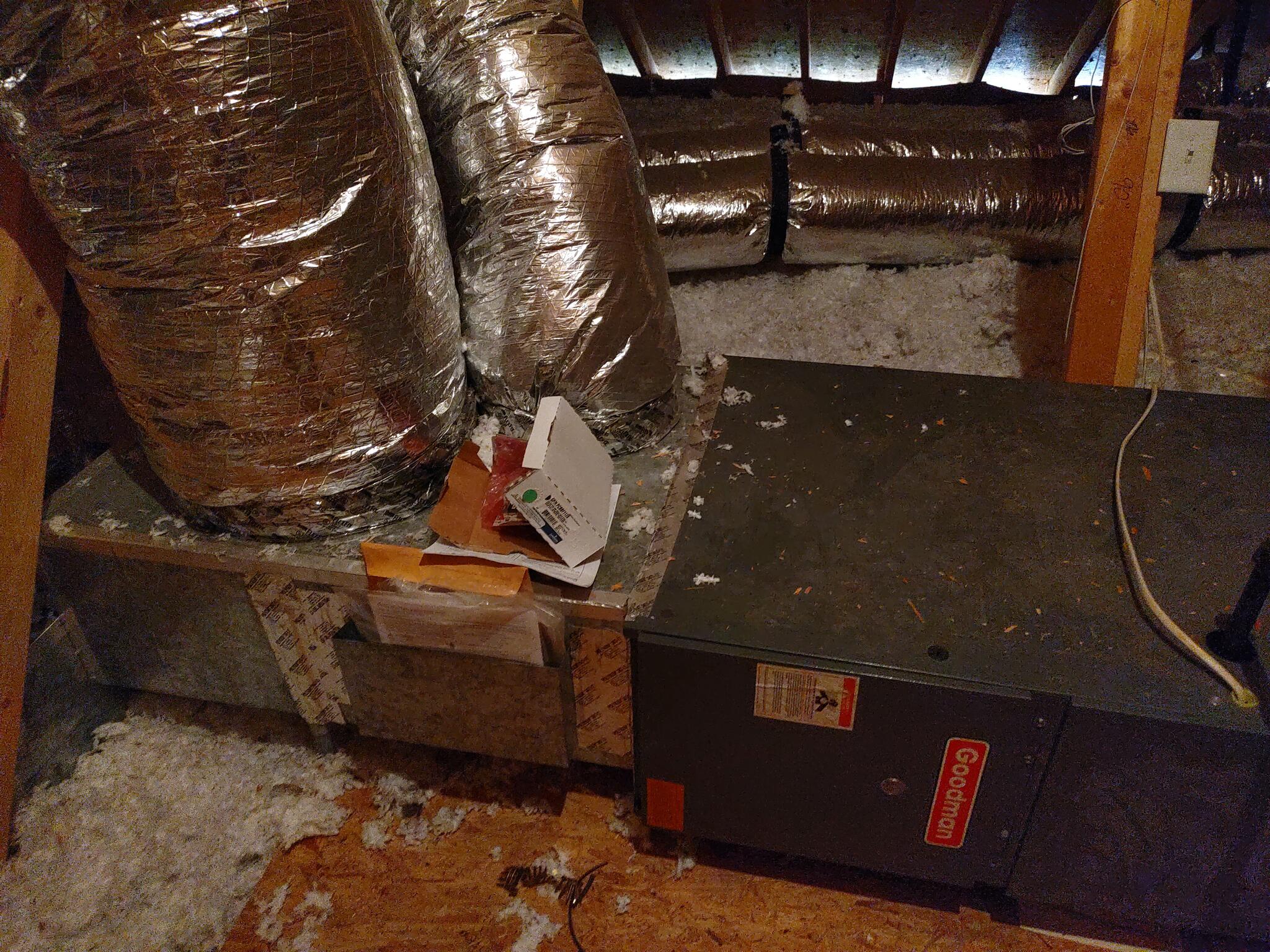HVAC Systems: What You Need to Know Before Installation
페이지 정보

본문
Understanding your HVAC system is essential to ensuring comfort and energy efficiency in your home or business. Whether it’s choosing the right size unit, selecting energy-efficient options, or scheduling regular maintenance, proper planning and installatiAir Conditioning RepairAir Conditioning Repair can help guide you through the process and ensure your system is installed correctly from the start.
The integration of smart technology can help homeowners maximize their HVAC system’s efficiency, cutting down on unnecessary heating or cooling when rooms are unoccupied. While smart systems might cost more upfront, their ability to reduce energy usage and provide more control over your environment can lead to long-term savings.
There are several types of HVAC systems, each suited to different needs and spaces. Traditional central heating and cooling systems use ductwork to distribute air throughout a building, but alternatives like ductless mini-split systems or geothermal heat pumps offer energy-efficient, targeted solutions.
Once you have considered these factors, the next step is deciding between different types of HVAC systems, such as central air, ductless mini-split, or heat pumps. Consulting with an HVAC professional ensures that the system selected will work efficiently and provide consistent comfort while meeting the energy efficiency standards for your location.
Energy Efficiency and Cost Savings
When selecting an HVAC system, energy efficiency should be a top priority. Not only does this save you money on energy bills, but it also reduces your home’s overall environmental impact. Modern HVAC systems are designed with energy-saving features like programmable thermostats, high SEER (Seasonal Energy Efficiency Ratio) ratings, and variable-speed fans. These technologies optimize energy use while maintaining comfort.
When installing a new HVAC system, paying attention to the condition and design of your ducts can improve system performance. A professional installation team will inspect your ductwork to make sure it’s up to standard, ensuring that the HVAC system can deliver optimal airflow. Well-maintained ducts also contribute to better indoor air quality by preventing contaminants from circulating in the air.
The Role of Customer Service
Good customer service plays a crucial role in the success of HVAC installation. A responsive installer will provide clear communication, answer any questions, and guide you through the entire process, from initial consultation to system activation. Quality customer service ensures you’re well-informed and confident in your HVAC system, both during installation and in the future for any needed repairs or adjustments.
Ductless mini-splits, for example, are ideal for homes without existing ductwork. They offer flexibility and energy savings by heating or cooling individual rooms. Geothermal systems, though higher in initial cost, are incredibly efficient and environmentally friendly, utilizing the earth’s natural temperature to regulate indoor conditions.
Look for an HVAC company with a proven track record of quality installations, customer service, and experience with your specific type of system. Reading customer reviews and asking for recommendations can help you find a reliable technician who will guide you through the installation process and provide ongoing support as needed.
Choosing the right HVAC system for your home or office involves understanding your unique requirements, such as insulation, climate, and airflow patterns. Consulting with a professional installer ensures that the system you choose is appropriately sized and capable of delivering optimal performance. With proper planning and expert guidance, an HVAC system can provide years of reliable service, helping you maintain a comfortable environment while keeping energy costs in check.
Sizing Your HVAC System Correctly
Proper sizing is crucial when installing an HVAC system. A unit that is too large for your space will cycle on and off frequently, causing wear and tear, while a system that’s too small will struggle to cool or heat effectively. Sizing is determined by factors like square footage, ceiling height, insulation, and the number of windows.
The Importance of Proper Ductwork
Ductwork is an often overlooked yet critical component of an HVAC system. Leaky or improperly sized ducts can cause air to be lost before it reaches the desired area, reducing system efficiency. It’s important to ensure your ducts are sealed and insulated to prevent air leaks, which can result in wasted energy and uneven temperatures throughout your home.

- 이전글10 Life Lessons We Can Learn From Buy C1 Certificate 25.03.04
- 다음글Buy German Registered Driving License Tools To Ease Your Life Everyday 25.03.04
댓글목록
등록된 댓글이 없습니다.




















